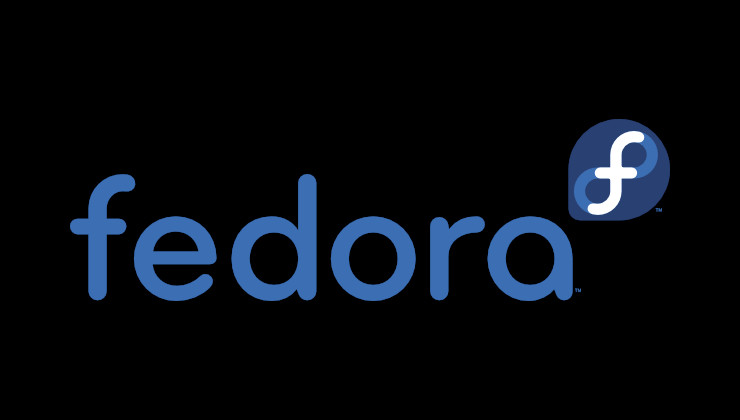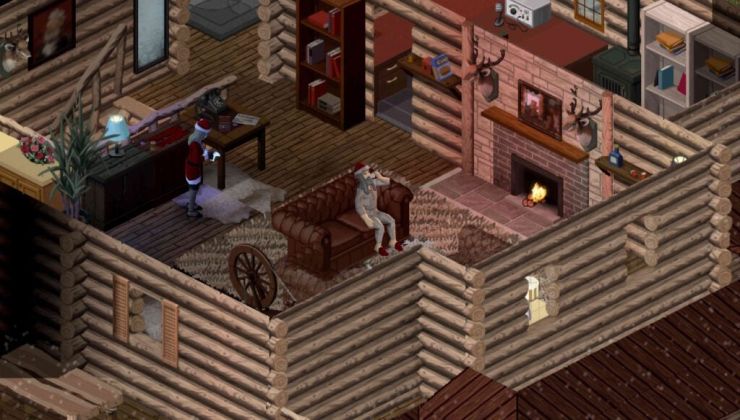Adding a little extra visual enhancement to games on Linux is getting more interesting, with the help of the Vulkan post-processing layer vkBasalt which has a new build up.
Recently, they put up a new build enabling SMAA support and yesterday another new version was released to expand it even further.
Available in version 0.2.1 is a new "Deband/Dithering" effect and you can now also change SMAA settings in the configuration file. You might also see it having less of a performance impact, as the settings are now "applied at pipeline creation". There's also been some changes to the Shader Directory and Config File, with both having multiple possible locations where they can rest to help with distribution specific packages.
On top of that two little bug fixes also made it in with SMAA now handling sRGB correctly and CAS (Contrast Adaptive Sharpening) should look better due to some "typos from the port to glsl" being fixed.
Really nice to see this project continue expanding. Some games really are limited in their set of visual effects, especially older titles so this could eventually be the go-to layer.
Instructions to download and build it can be found on the GitHub page. You can see a comparison from a previous version in our last article on it.
Quoting: GuestI guess he means a user configurable mechanism for adding multiple post-process shaders from arbitrary sources.Quoting: aFoxNamedMorrisReally hoping for this to eventually support arbitrary shaders.Not sure what you mean? It's open source, you can add your own shaders just fine if you want.
I assume the inspiration here is ENB on Windows, but it is a very early stage according to the developer.
Hooking the Vulkan presentation call is something of a blunt tool since it processes everything, including the UI, which is not necessarily a better experience. I can see that you can improve Vulkan rendering by hooking individual pipelines to avoid processing everything, but that would probably need per-application behaviour, which can be complex to administer.
It is the sort of thing that Valve might think about as part of their pipeline caching, I suppose.
It will be interesting to see where it goes.
Quoting: TheRiddickAs this project moves forward I'd love to see a in-game popup gui to configure things, that be pretty neat. Nothing too serious thought, reshade's GUI kinda gets crazy at times.I wish the same, nothing which needs to be done quick, but would be great for later development. It's no fun to find good settings when you have to restart the game all the time.
Instruction is extremely not informative about it... `make install` and that's it? So it is somehow integrating with the whole system or maybe with GPU driver without notice?
How to remove it or at least disable autostart?
Quoting: dannielloSorry for stupid question, but compiling and installing something directly from source code is not how I used to use Linux. Could someone explain where vkBasalt is installing their files and how it is working in the system?You do not have to compile from source, there are builds on the [release page](https://github.com/DadSchoorse/vkBasalt/releases/download/v0.2.1/vkBasalt.tar.gz). To install it, open a terminal in the unpacked release directory. Then you use
Instruction is extremely not informative about it... `make install` and that's it? So it is somehow integrating with the whole system or maybe with GPU driver without notice?
How to remove it or at least disable autostart?
make install That installs all the files in ~/.local/share/vkBasalt and registers it as a vulkan layer in ~/.local/share/vulkan . To then use vkBasalt see [the Readme](https://github.com/DadSchoorse/vkBasalt#usage). vkBasalt never starts without the environment variable being set. To uninstall it you would need to delete the ~/.local/share/vkBasalt folder, ~/.local/share/vulkan/implicit_layer.d/vkBasalt32.json and ~/.local/share/vulkan/implicit_layer.d/vkBasalt64.json .
Quoting: PatolaHey, I was finally able to compile it on my Ubuntu 18.04.One game that truly benefits from this is Legend of Grimrock 2. For some odd reason the game has no built in AA of any type (even on Windows). The difference with vkBasalt's SMAA became a night and day difference.
Now I don't know which games would benefit mostly from its filters/effects. Any suggestions?









 How to setup OpenMW for modern Morrowind on Linux / SteamOS and Steam Deck
How to setup OpenMW for modern Morrowind on Linux / SteamOS and Steam Deck How to install Hollow Knight: Silksong mods on Linux, SteamOS and Steam Deck
How to install Hollow Knight: Silksong mods on Linux, SteamOS and Steam Deck